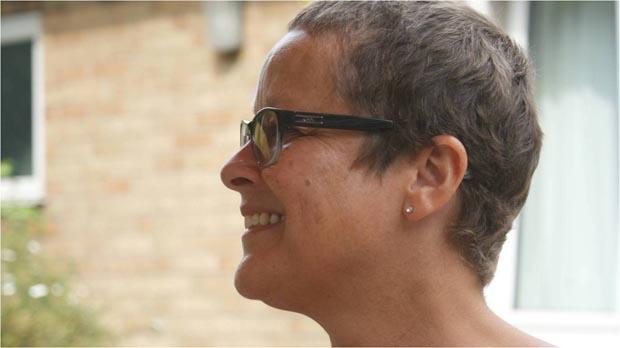
“I had treatment last year and I want to give something back.”
This study was done to learn more about how the immune system responds to a vaccine (vaccination). It was for people who were having lymph nodes removed as part of treatment for breast cancer.
This study was open for people to join between 2013 and 2015, and the team first presented the results in 2016.
Vaccines trigger our immune system to help protect us from diseases. They can also be used to treat some types of cancer.
Researchers want to learn more about how the body responds to vaccines. In this study, they looked at what happens in the lymph nodes after a vaccine injection.
The people who took part in this study were having surgery for breast cancer. During the operation, surgeons remove lymph nodes from their armpit to see if they contain cancer cells.
In this study they looked at the lymph nodes and at blood samples. They wanted to see if there had been any changes in the number or type of immune system cells.
Some people taking part in this study had a vaccine before they had surgery. And some people didn’t. Those that did had a tetanus, polio and diphtheria vaccine that has been widely used for a number of years.
The main aim of the study was to learn more about how lymph nodes respond to a vaccine.
The research team developed a way to look at changes in immune system cells after a vaccine. They found some interesting changes in the immune system and suggest further work is done to find out more.
Results
A total of 42 people joined this study:
The research team were able to analyse the lymph nodes and blood samples of 23 people who took part:
The changes they saw were in specific types of white blood cells which are involved in how the body responds to vaccines. There were also changes in certain genes within these specific cells. More work is being done to find out more about how important these changes are.
They also looked that the number of immune cells in blood samples and found that they had:
Conclusion
The research team concluded that they had found a way to assess how the immune system responds to vaccines. And that more work needs to be done using this process, to find out about how people with cancer respond to vaccines.
Where this information comes from
We have based this summary on information from the research team. The information they sent us has been reviewed by independent specialists ( ) but may not have been published in a medical journal. The figures we quote above were provided by the research team. We have not analysed the data ourselves.
) but may not have been published in a medical journal. The figures we quote above were provided by the research team. We have not analysed the data ourselves.
Please note: In order to join a trial you will need to discuss it with your doctor, unless otherwise specified.
Mr Ramsey Cutress
Professor Christian Ottensmeier
Cancer Research UK
Experimental Cancer Medicine Centre (ECMC)
NIHR Clinical Research Network: Cancer
University Hospital Southampton NHS Foundation Trust
University of Southampton
If you have questions about the trial please contact our cancer information nurses
Freephone 0808 800 4040

“I had treatment last year and I want to give something back.”